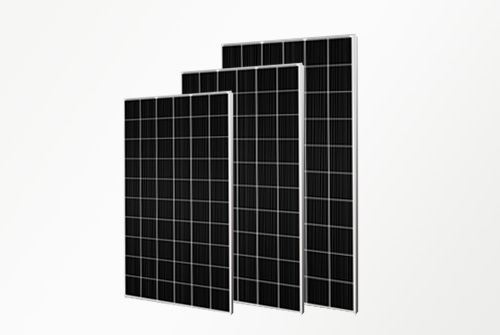
200 Watt Solar Panel
Our solar panels offer a wide range of power output options to suit your specific needs. Whether you’re powering a small device or an entire home, we have the perfect solar panel solution.
10 years experience in Battery Energy Storage System . Our products are of reliable quality and have certificates of CE, IEC, UL, etc. Industrial BESS Supplier,Commercial BESS Supplier.

Our solar panels offer a wide range of power output options to suit your specific needs. Whether you’re powering a small device or an entire home, we have the perfect solar panel solution.
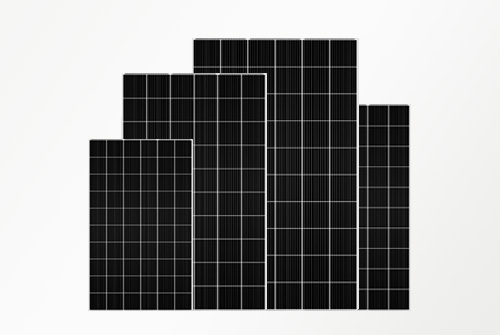
Rigid 300W solar panel: mainly solar cell sheet with TPT backsheet makes the 300W solar panel rigid.300W rigid solar panel is the choice of most families. It can be applied to home electricity, solar street light, roof leveling RV, PV farm and so on.
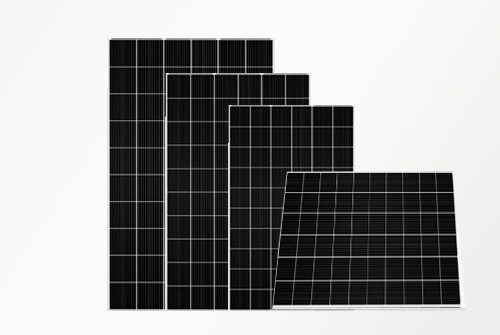
The Characteristics of Polycrystalline Solar Panels In the solar panel industry, monocrystalline solar panels and polycrystalline solar panels are constantly being compared with each other.
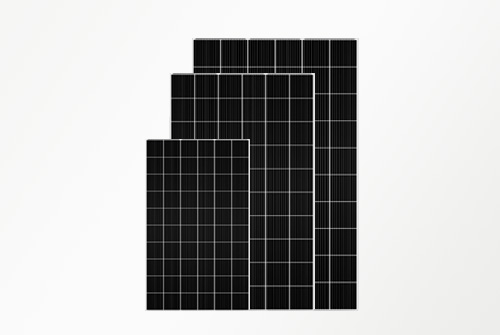
A 250-watt solar panel will produce approximately 1 kWh of solar power per day. This figure will vary depending on your geographic location, shading, the panel’s power tolerance, and the angle of your panels.
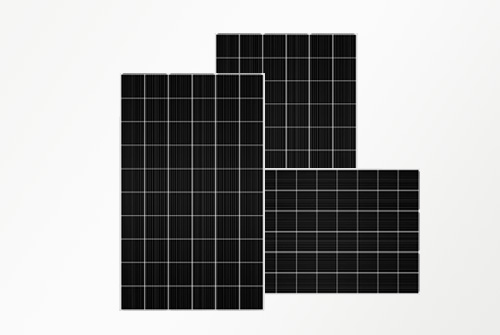
By choosing the 550 Watt Solar Panel, you’re making a conscious choice for a cleaner and greener future. It offers efficiency, reliability, and a steadfast commitment to sustainability, aligning perfectly with your eco-conscious values. Embrace the power of the sun with confidence and efficiency – choose JXCT’s 550 Watt Solar Panel for a brighter and more sustainable tomorrow.
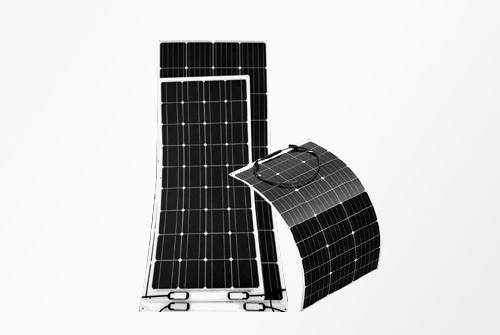
Our solar panel offer a wide range of power output options to suit your specific needs. Whether you’re powering a small device or an entire home, we have the perfect solar panel solution.
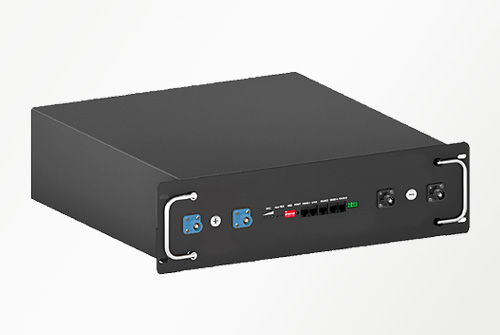
Product Overview: Our comprehensive range of lithium batterie is engineered to provide reliable and efficient power for diverse applications, from residential solar power systems to
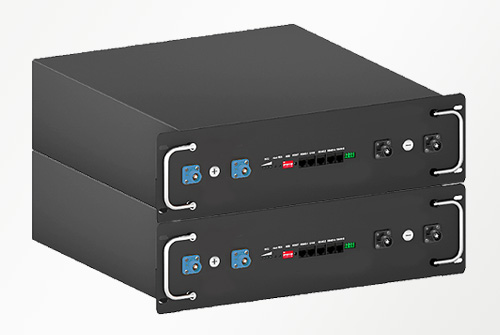
Product Overview: Our comprehensive range of lithium batterie is engineered to provide reliable and efficient power for diverse applications, from residential solar power systems to
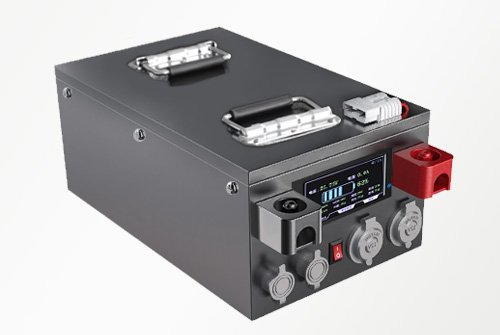
Product Introduction: RV Lithium Battery Our state-of-the-art RV lithium battery is designed to provide unparalleled power and performance for your adventures on the road. Experience
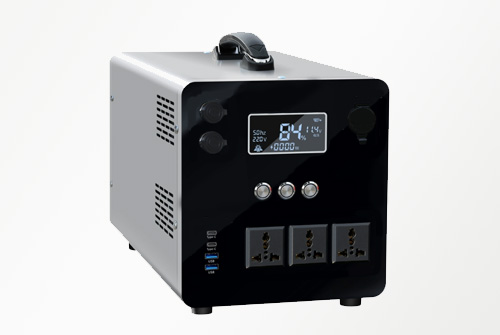
Product Introduction: An outdoor mobile power supply, also known as a portable power station or portable generator, is a rechargeable battery system housed in a
Industrial BESS Supplier,Commercial BESS Supplier.
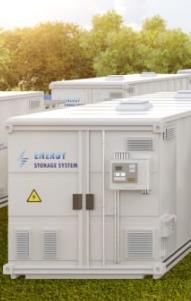
World-class battery experts, innovative designs, and relentless R&D investment.
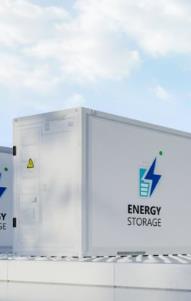
10+ years of partnerships with top-tier global suppliers for stable, high-quality components.
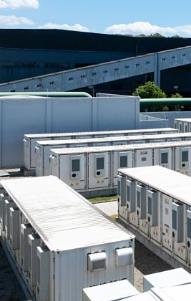
30+ local offices and overseas hubs ensure prompt, professional service worldwide.
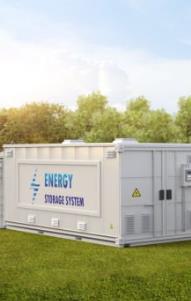
End-to-end quality management for energy storage, solar, and charging solutions you can trust.
Our high-efficiency storage systems feature 96.2% energy efficiency and 30% lower lifecycle costs, backed by global top-tier supplier rankings.
However, fires at some BESS installations have caused concern in communities considering BESS as a method to support their grids. BESS fires pose challenges to first responders due to the: Difficulty in putting out lithium-ion battery fires. Potential health impacts from emissions.
The disadvantages of this battery technology include excessive cost, inflammability, intolerance to extreme temperatures, overcharge, and over-discharge.
Different types of Battery Energy Storage Systems (BESS) includes lithium-ion, lead-acid, flow, sodium-ion, zinc-air, nickel-cadmium and solid-state batteries. As the world shifts towards cleaner, renewable energy solutions, Battery Energy Storage Systems (BESS) are becoming an integral part of the energy landscape.
With BESS currently only lasting for around 10 to 15 years of operation, developers and owners of BESS installations need to be thinking and planning now for what decommissioning will involve and what it will cost.
BESS offer numerous advantages across the energy value chain; from grid operators seeking stability to renewable developers looking to smooth generation output. But for businesses, BESS can be a powerful tool to lower costs, unlock new revenue streams, and strengthen sustainability credentials.
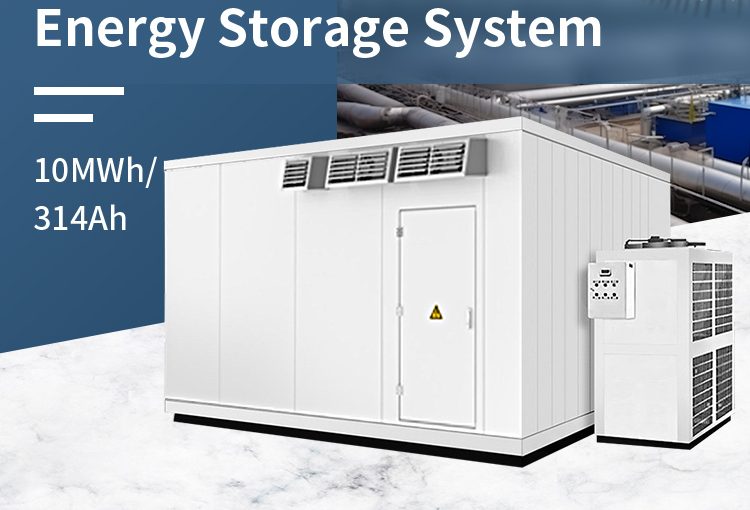
The standardized integrated design of the containerized energy storage system utilizes standard 20-foot and 40-foot containers, integrating a battery cluster (614-768V), a liquid/air-cooled temperature control system (temperature differential ≤ 5°C), a perfluorohexanone fire protection network, and an intelligent energy management system. Core components include a lithium iron phosphate battery pack (60% of the cost), a power storage converter (PCS, 15%), a battery management system (BMS), and an energy management platform (EMS). The system voltage can reach 1500V DC.
Industrial and commercial energy storage systems typically include batteries, a battery management system (BMS), a power converter (PCS), an energy management system (EMS), and other electrical components. Depending on the system architecture, they can be categorized as either AC-coupled or DC-coupled. AC-coupling offers high flexibility and is suitable for users with existing photovoltaic systems; DC-coupling offers low costs and is suitable for users with light daytime loads and heavy nighttime loads.
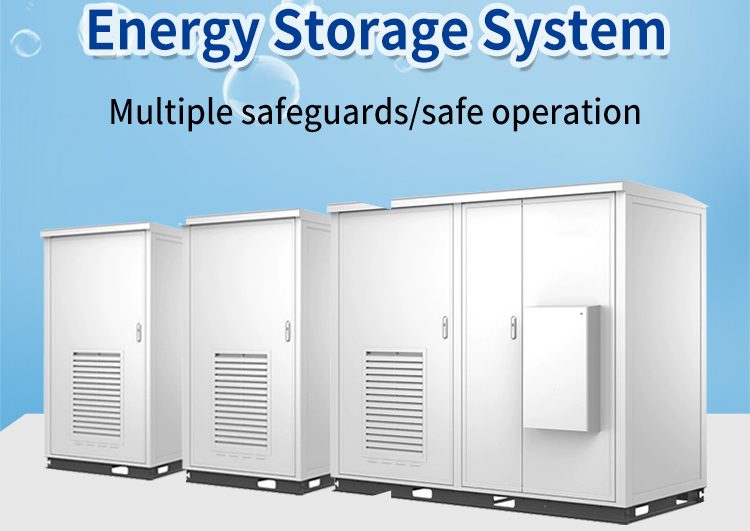
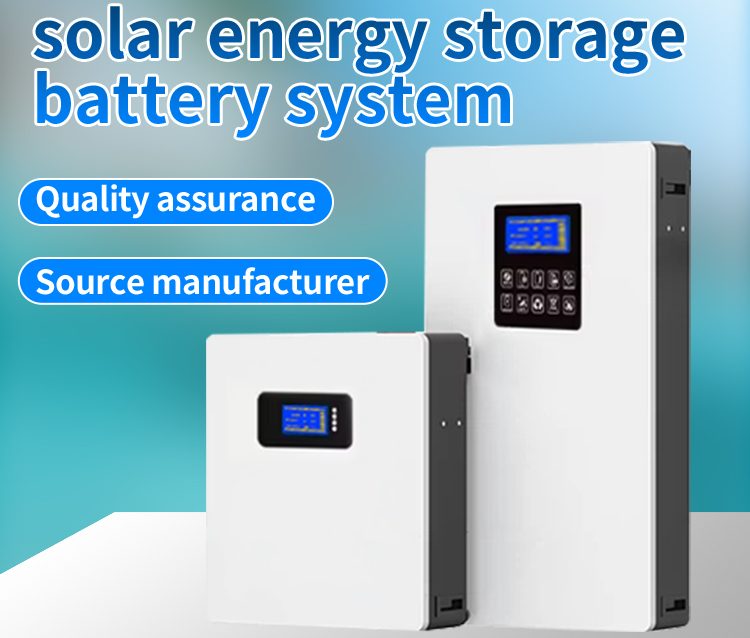
A home energy storage system is a device or system that stores electrical energy for use when needed. It typically consists of a storage battery, a battery management system (BMS), an energy conversion system (such as an inverter), and a monitoring and control system.
The core of a home energy storage system lies in the energy storage battery, with lithium-ion batteries and lead-acid batteries being common. Lithium-ion batteries have become the mainstream choice for home energy storage due to their high energy density, long lifespan, and low self-discharge rate. The battery management system monitors the battery’s status, including parameters such as voltage, current, and temperature, to ensure safe and efficient operation. The energy conversion system converts direct current (battery output) into alternating current (home electricity), and vice versa, to charge the battery.